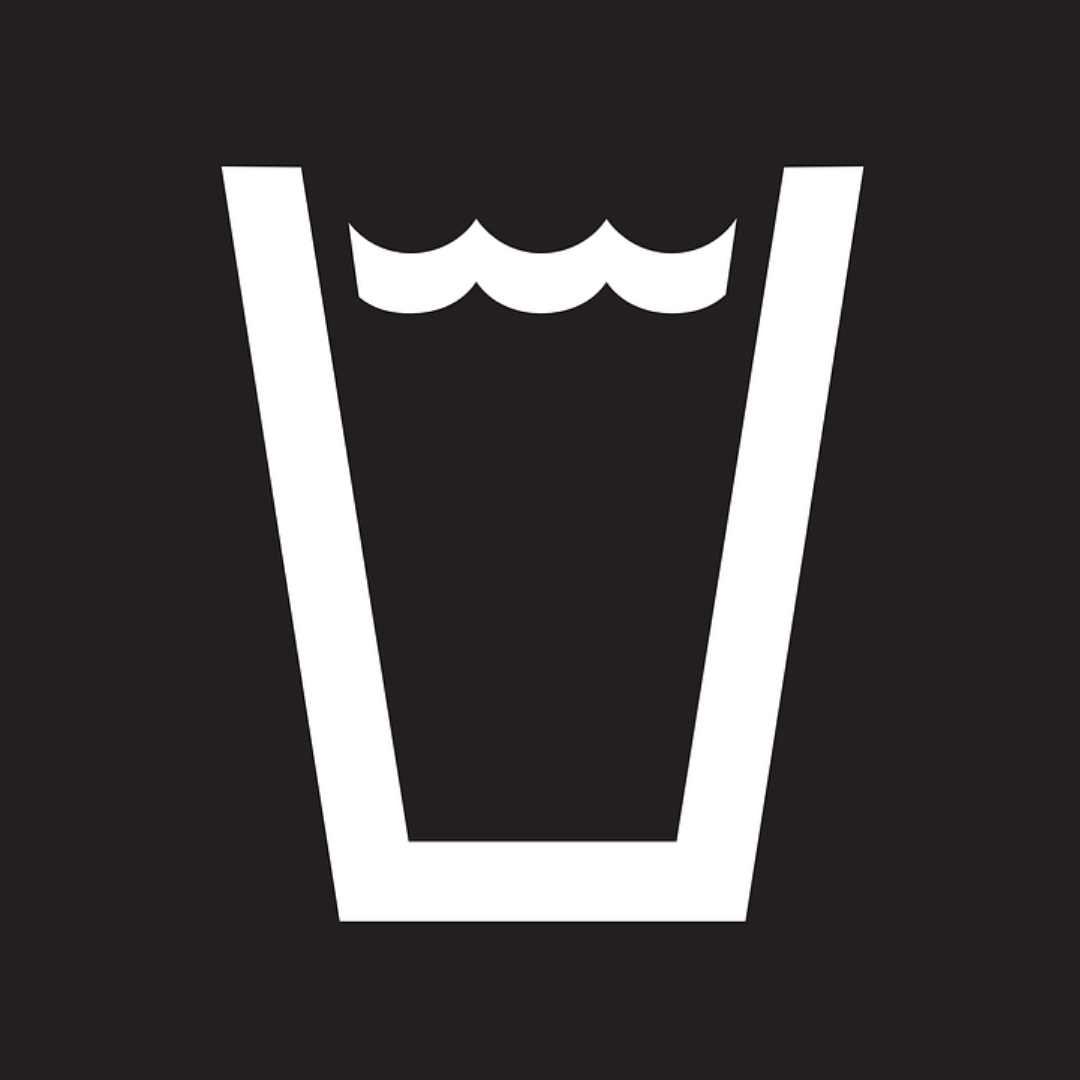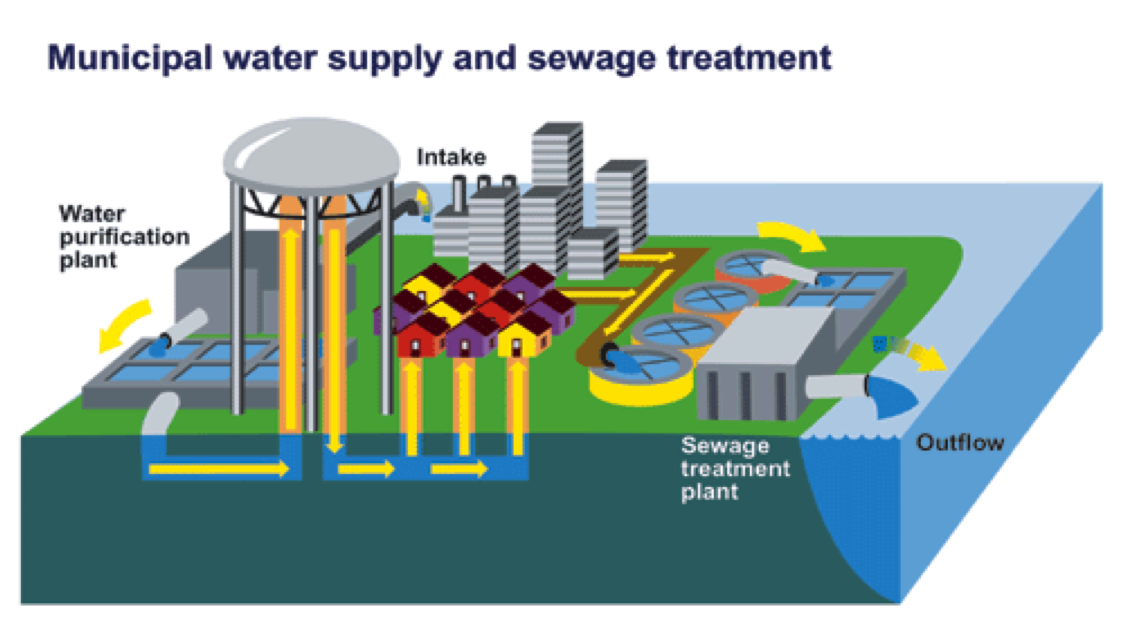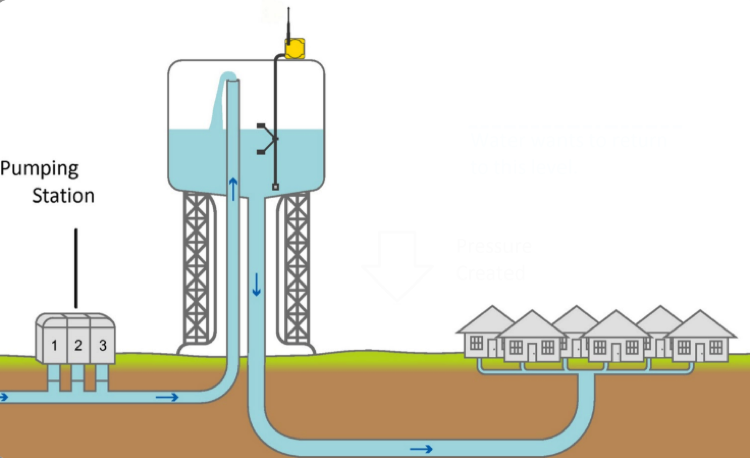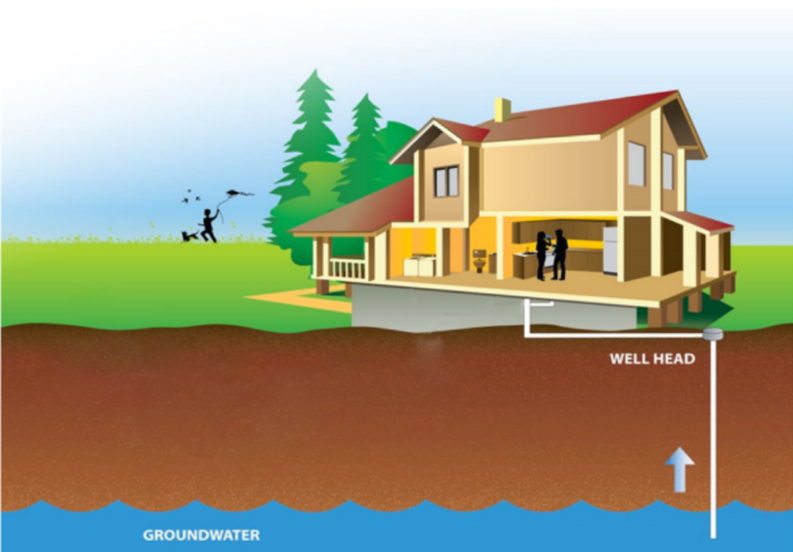How Does Your Household Obtain Potable Water?

How Does Your Household Obtain Potable Water?
The human body is made up of approximately 60% water and each day we have to replace nearly 2.5 quarts in order to maintain a healthy lifestyle. In order to keep up with the human need for this resource, access to potable water is extremely vital for our own survival.
Drinking water, also known as potable water, is water that is safe to drink or to use for food preparation. Potable water can either be natural or treated, depending on its origins and the climate involved. Natural water is well water found in municipal, rural, and private well water systems while treated water is purified water found in only municipal and rural water systems. Below is a breakdown of the three main methods households obtain potable water and their application:
- Municipal water
The vast majority of U.S. households obtain potable water from a municipal water source, which is regulated by the Environmental Protection Agency (EPA). Municipal water is most common in urban areas, as it’s able to reach a large amount of consumers in a relatively small radius. When it comes to usage, less than 1% of municipal water is actually used for consumption while the rest is necessary for bathing, irrigation, cleaning, cooking, etc.
- Rural water
Rural water is treated similarly to city (municipal) water, except that it is pumped greater distances through miles upon miles of pipes. Each rural water setup differs from system to system when it comes to the use of treatment plants, storage tanks, water mains, and even the service lateral.
- Private water wells
A private water well is any pit or hole sunk into the earth that is used to reach a supply of water. Oftentimes, a pump and delivery system is what gets the water from the source to the tap. Approximately 15% of U.S. households rely on private water wells for drinking water as it’s most commonly installed in rural locations. There are three types of private potable water wells: dug, driven, and drilled.
With the ability to live without water for only a week, having and not having access to this resource is the difference between civility and chaos. By creating methods that cater to all climates, populations, and more, one should always have access to potable water here in the United States. How does your household obtain potable water?
For more information on the origins and journey that potable water takes, enroll in our ‘Where Potable Water Comes From’ AYU course.



